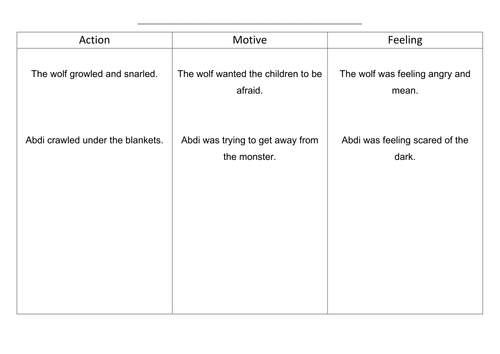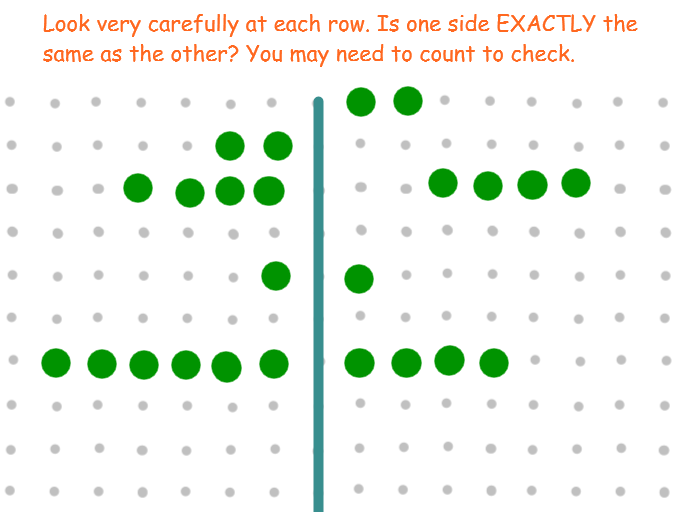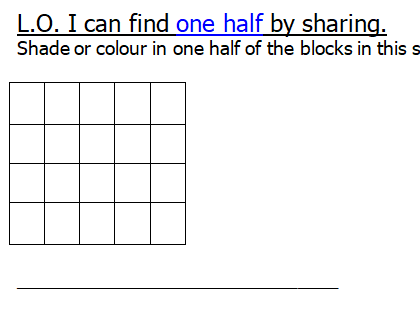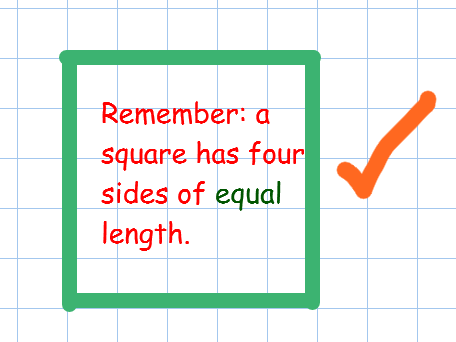
7Uploads
2k+Views
29Downloads
Special educational needs

Inference - Graphic organisers (4) with examples - multiple uses in English or Foundation Subjects.
Four easy to use sheets with lots of space for pupils to write in and some examples / instructions. Great for deepening understanding, esp in English and mostly importantly for inference.
Three easy steps to help them infer…
It says - copy something directly from the text
I say - (the tricky bit is they need to draw from life experiences) Pupils need to "imagine they are in the scenario or find a reference point for this in their own lives)
And so… link up the first two points to write the inference.
For Example
It says - he snarled at me
I say - my brother pulls faces when he is angry
And so - he might be angry
To effectively teach pupils to infer use the ‘It says - I say - And so…’ sheet. Inference is a skill developed by repeating the same process in many different contexts. Which is why these sheets are great as they can be used on any text. I suggest giving pupils lots of practice with this. Then repeat with different texts. Keep the same format throughout the year and they should develop the skill of inference.

solve money problems
This provides a clear and simple demonstration of how to take the correct amount out of the purse and then calculate what is left. I found that the pupils were not organised when using money. I used this to demonstrate how to move the correct coins out of the purse.
First few pages are for use with fake coins.
Simple introduction to giving change.

Understanding Symmetry
This approach helps the pupils to pay very careful attention to each aspect of an image. By using symmetrical images made of dots they can easily check each row by counting. Showing them what is NOT symmetrical helps them to understand what IS symmetrical. This approach can easily be adapted to suit age and ability of the class or group being taught. Try giving them dotted paper and asking them to create their own "symmetrical dot" images - some good concrete practical maths.

Shade half and a quarter to find the answer
Pupils count the number of squares then shad in half / quarter by counting. Supports understanding of fractions of number. I would not use this for fractions of shape as the shapes are not uniform.

Drawing squares, triangles, rectangles step by step guide
Pupils often don’t pay careful attention when drawing mathematical shapes, this will help you to demonstrate exactly how to do it. Showing them what is NOT a square helps them to understand what IS a square. Using graph paper is essential.

Common Exception Words Word Mat KS1
All Year 1 and 2 pupils can use this to quickly locate CEW words that they need to spell. Great as a word mat. /sh/ sounding words have been placed under S, /th/ sounds under T and the small boxes at the bottom left are for words that sound very different to their first letter.






